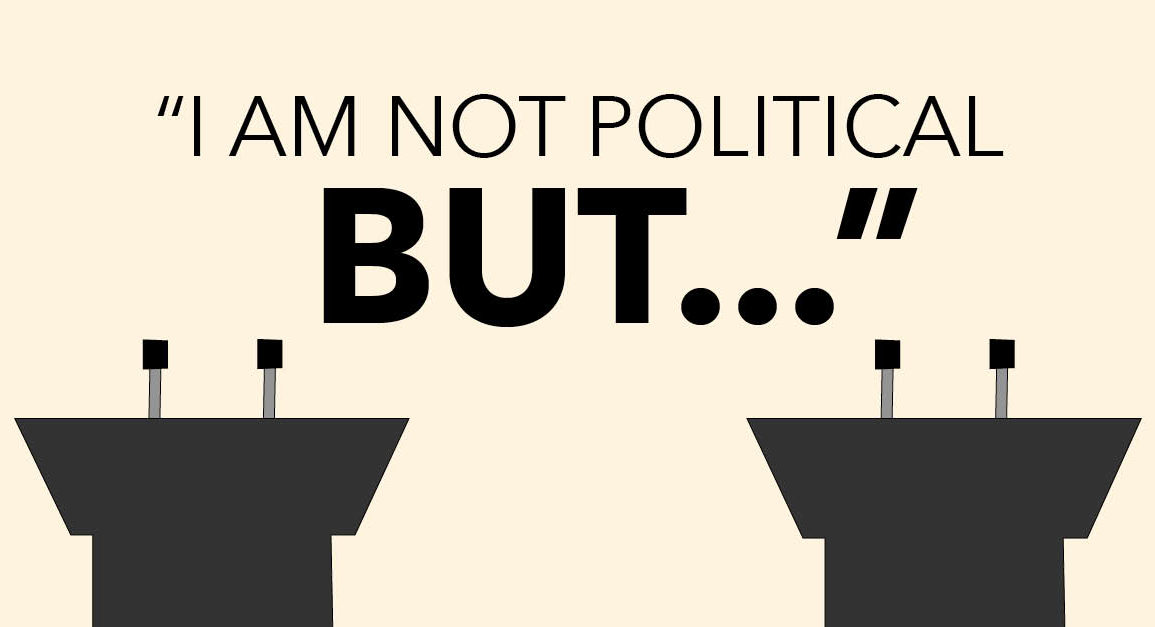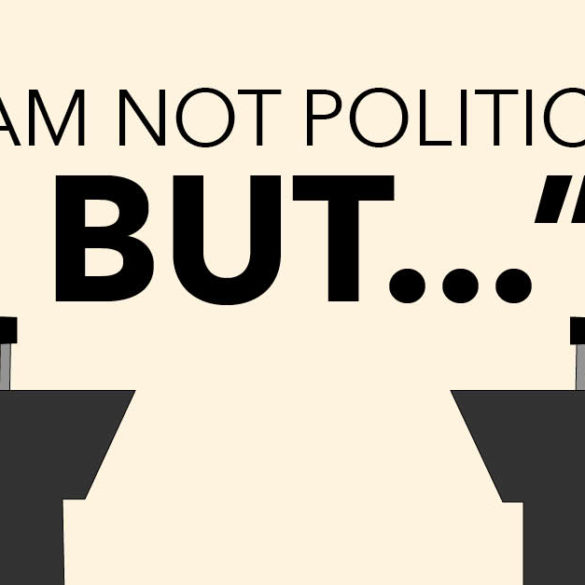When it comes to pop culture, professor Kristen McCauliff says the subject has deeper themes.
When the jabs between Miley Cyrus and Nicki Minaj broke out into the MTV music awards, politics seemed to be intentionally left off the guest list. Despite any intentions to uninvite ‘politics’, nothing exists in a vacuum.
Professor Kristen McCauliff repeats this statement about society being vacuum-less so much that it becomes a mantra in one of her courses. Both a graduate and undergraduate professor, Kristen teaches a course called “Communication and Popular Culture.” It is a tier 2 core curriculum qualifying course as well as an elective for communications studies students.
Kristen has designed the class to talk about race, gender, heteronormativity, ableism, colonialism, ethnicity, classism and much more. Those topics seem likely to breed a semester of boiling argument, accusation, and bitterness or a snore-inducing lecture that many would be inclined to skip. This isn’t the case.
“I think giving students a terrain in which they are experts is the most significant part of the class,” she said. “I let them select the reading from current pop culture related topics, and then together the entire class is given the opportunity to contrast, dissect and study the implications the texts’ possess for larger political issues.”
She finds that her best students, with often poignantly clear statements about political predicaments, often preface their statements with the phrase: “I am not political but…” However, she says, these same students will make a statement about how Taylor Swift’s “Wildest Dreams” video was inherently a tribute to the romanticism of colonialism in Africa. To make a statement about colonialism, Taylor Swift involved or not, is political.
The question then is why do students shy away from being typed as political? Even though, often times, they are inherently political.
According to Forbes, Millennials are often stereotyped as lazy, self absorbed, time wasters. There is also an ongoing narrative that younger generations don’t involve themselves in politics. Why? Because they lack respect for the American democracy system? Or because the context of traditional politics differs from the modern form of discourse, interaction and analysis?
Pew Research Center states that there was a 34 percentage point difference in 2008 between how 18-to-29-year-olds voted and how 65-and-overs voted. As recently as ten years ago, there was no difference between those two cohorts. So something very profound has happened, between the young and the old.
Washington Monthly also laments that only 27 percent of high school and college students check political websites, compared to the 76 percent who check social networking sites. Even The Daily Show only appeals to 13 percent of this age group.
Youth voting rates shot through the roof during the 2008 Obama elections, according to Pew Research and Washington Monthly. This could illustrate why exactly youth are turned off by traditional politics and the lack of power they feel they possess within them; the spike when Obama ran could also illustrate what ignites them as well.
These facts are why classes like Kristen’s are so vitally important. They give the power and relevance back to students. It gives the power of discourse back to people who have been convinced they have none. People who have been shamed for not appreciating contexts, such as throngs of rich old powerful white men that many often find archaic or inaccessible.
Unfortunatly, there are numerous examples and artifacts thick with sexism, racism, and classism available to dissect and discuss. However they can be discussed in ways that are stimulating and not intimidating. The decision to use pop culture as a form of textual analysis is nothing short of empowering.




